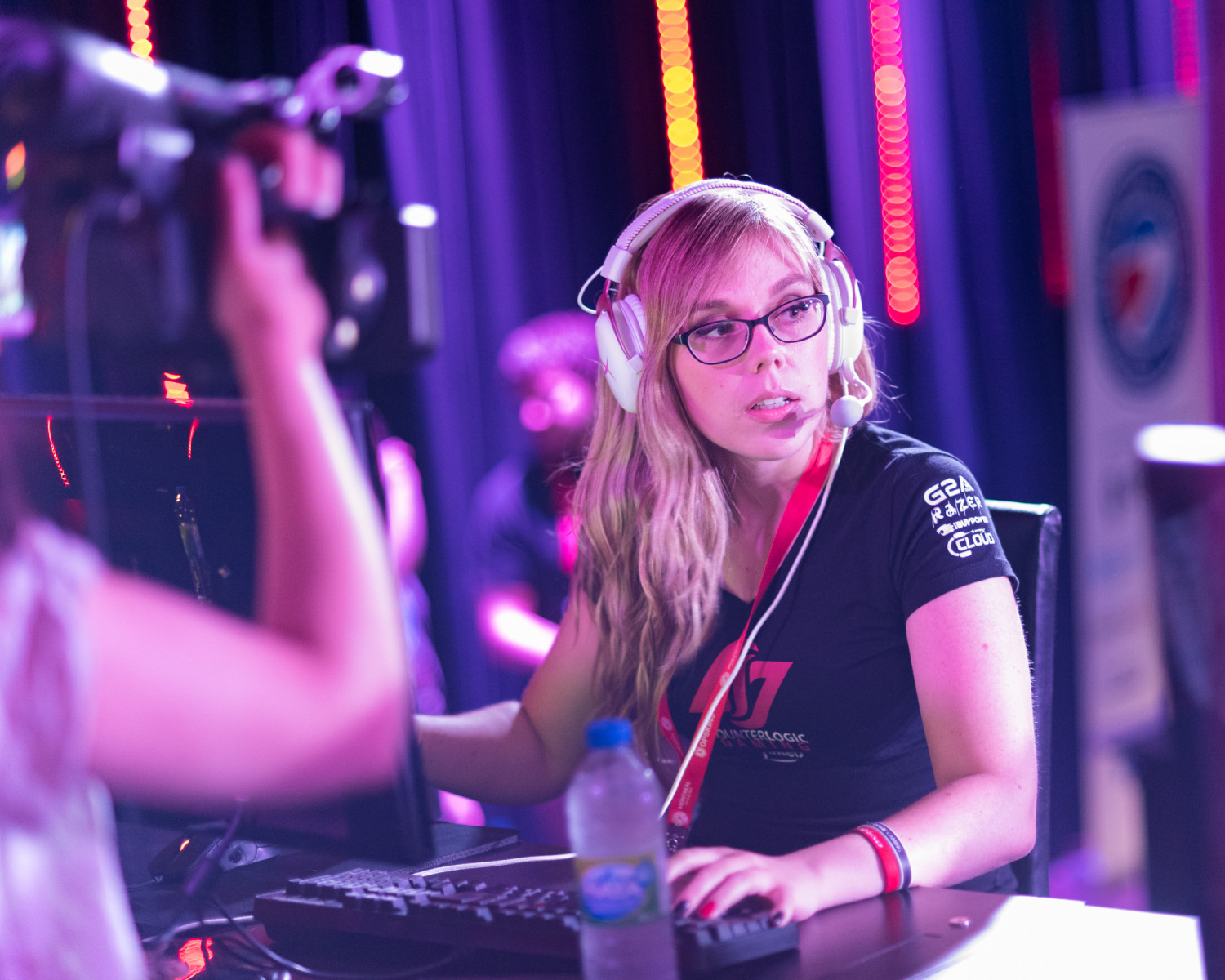In the realm of competitive gaming, where pixels collide and careers flourish, the question of tax responsibility looms large for esports athletes. As these virtual gladiators rack up winnings that can rival traditional sports, the intricacies of their financial situations become increasingly complex. Do they need to file taxes? What about deductions for travel, equipment, and those long hours spent honing their skills? With the stakes higher than ever, understanding the nuanced world of taxation is essential for gamers who earn significant income from tournaments, sponsorships, and streaming. This article delves into the world of accountants and financial advisors tailored for esports professionals, examining a landscape where skill meets strategy—both on and off the screen. Whether youre a seasoned competitor or just starting, navigating the fiscal challenges can mean the difference between profit and loss.
Tax Obligations for Esports Gamers

Tax obligations for esports gamers can be a challenging maze to navigate, particularly given the rapidly evolving nature of the industry. Gamers often find themselves grappling with various income streams—from tournament winnings to sponsorship deals and even streaming revenue. What may seem like a windfall at first glance could quickly turn complicated once tax season rolls around. Each dollar earned may not only be subject to income tax but could also carry implications for self-employment taxes, particularly for those who operate as independent contractors or sole proprietors. Additionally, gamers must keep meticulous records of their expenses, from travel costs to equipment purchases, as these deductions can significantly lessen their taxable income. It’s crucial to understand that state laws may vary, adding another layer of complexity requiring careful attention. For many professional gamers, this is where the expertise of an accountant becomes invaluable, offering guidance to ensure compliance and optimization of their financial situation.
The Complexity of Tax Regulations in Esports

Navigating the labyrinthine landscape of tax regulations in esports can be an overwhelming endeavor for many gamers. With the rapid rise of competitive gaming, tax codes have struggled to keep pace, resulting in a patchwork of rules that can vary not only by country but also by state and local jurisdictions. Earnings can come from diverse streams—prize money, sponsorships, streaming revenue, and merchandise sales—each subject to different tax implications. Add to this mix the complexities of international transactions and potential residency issues, and the challenge intensifies exponentially. Most esports professionals, especially those still honing their craft, may find themselves grappling with the nuances of self-employment taxes, deductions for expenses like gear and travel, and understanding how to report income correctly. For the uninitiated, this dizzying array of regulations can spell disaster come tax season, underscoring the importance of enlisting an accountant who understands the unique financial intricacies of the gaming world.
Sole Proprietorship vs. LLC: Which is Right for You?

When considering whether to operate as a sole proprietorship or form a Limited Liability Company (LLC), esports gamers must weigh several important factors that could significantly influence their financial and legal standing. A sole proprietorship offers simplicity—minimal paperwork, direct control, and easier tax filing, which can be appealing for gamers just starting out. However, this structure exposes personal assets to business liabilities, a risk that can be daunting in the fast-paced world of esports. On the other hand, an LLC provides a layer of protection against personal liability, meaning that should misfortune strike in the form of debts or lawsuits, your personal assets are generally safeguarded. Yet, this comes with extra costs and regulatory requirements. So, the choice rests on your specific needs, aspirations, and willingness to embrace either the ease of being a sole proprietor or the protective shield of an LLC.
Conclusion
In conclusion, the world of esports has grown exponentially, bringing new opportunities and complexities, especially in financial management. As gamers navigate sponsorships, prize winnings, and potential business ventures, the need for professional guidance becomes evident. An accountant can provide invaluable assistance in understanding tax obligations, optimizing deductions, and ensuring compliance with financial regulations. For esports professionals seeking personalized support, partnering with a specialized firm like Accountancy Capital can make a significant difference in managing these challenges effectively. By taking the step to enlist professional help, gamers can focus on what they do best—competing and excelling in their craft—while leaving the intricacies of tax management to the experts.

